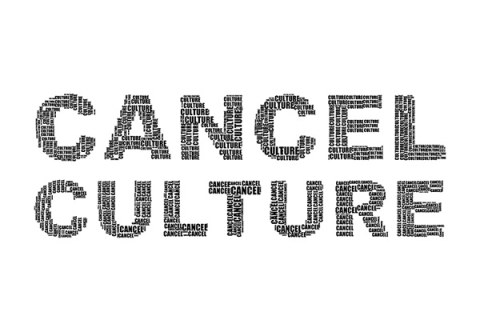

22 November 2021
3 min read
Major brands risk losing wealth and power if they rely on old fashioned ideas in their advertising, thanks to the ‘woke’ generation calling them out.
A new study, led by Karen Middleton at the University of Portsmouth, found consumer activism against perceived dangerous portrayals of women – or any other group – posed a growing and serious threat to brands.
The study, published in Psychology & Marketing, examined the social media backlash against a KFC television advertisement showing boys ogling a woman’s breasts.
Some consumers called it sexist and damaging, others defended it as ‘just a bit of fun’.
The so-called woke generation is exercising its power to hold large and previously unassailable brands or organisations to account.
Karen Middleton, Lead researcher
The researchers say that in the wake of the #MeToo movement, brands risked losing market share if they brushed off ‘socially aware’ objections.
Middleton said: “Our findings show how necessary it is for brands to consider the wider impact of their advertising. They are increasingly up against a force of social activism which relies on well-argued rhetoric to call out anything seen as damaging to another group in society.
“Our study examined people’s reactions to an advertisement by a global brand portraying a woman in a sexist way, but the same social activism could and often is rallied when advertisements use outdated tropes which are damaging to any vulnerable group, not just women.”
She describes ‘woke’ as social activism on a grand scale.
She said: “There hasn’t been a great deal of focus on the power of social activism on advertising, but it appears to be becoming a force to be reckoned with. It’s not true that any publicity is good publicity – a complaint against any brand that then goes viral poses a serious risk to that brand’s wealth and power.
“Consumers as activists are no longer a wild card; it’s evident that the so-called woke generation is exercising its power to hold large and previously unassailable brands or organisations to account. This is a group of socially active and aware people who are increasingly intolerant of transgressions, particularly in relation to social justice.
“There’s no longer any alternative for brands – if they hope to avoid being called out loudly on social media for contributing to social injustice, they need to consider the overall impact of what they say and do. If they are relying on old fashioned tropes, it’s now much more likely they’ll be called out.”
Sexist content leads to both men and women having a diminished view of women’s competence, morality and humanity... old-fashioned stereotypes do no one any favours.”
Karen Middleton, Lead researcher
Social media has given a global platform to anyone who wants to share their dissatisfaction or even do serious harm to a brand, as H&M, Peleton and Pepsi can all testify.
In each of those cases, the advertisements were swiftly withdrawn, but the costs have been high: Peleton’s advertisement, seen by some as sexist, led to an overnight drop in brand value of more than £1 billion; H&M, accused of racism, has since hired a diversity director; Pepsi has been subject to a stream of memes and spoofs on social media for what was seen as a cultural misstep when it used a "privileged, white" model as a peacemaker between civil rights activists and police.
Middleton said: “The effect of social activism on advertising is under-examined. Despite sexism, racism or other offences increasingly being called out, advertisers cannot turn to a body of research to learn from, and activism is swift and often highly damaging.
“In the case of sexism, as in the advertisement at the heart of our study, it has long been shown female sexual objectification can have a range of pernicious consequences, including the normalisation of male aggression towards and belittling of women.
“Research has shown sexist content leads to both men and women having a diminished view of women’s competence, morality and humanity. The same sexism applies to men in advertising, too, when they are portrayed as, for example, emotionally unintelligent or unable to control their impulses simply because they are male. These old-fashioned stereotypes do no one any favours.”
The researchers examined thousands of tweets, Facebook posts, and news articles in the three weeks following the first airing of the advertisement. They found a well organised consumer protest at the advertisement alongside counter-arguments from consumers who were not offended by it.
Those who were not offended by the advertisement argued that gender stereotyping was ‘just a bit of fun’, or ‘normal behaviour’, or that it was unfair to say to a boy who looks at breasts was committing violence against women.
Those who argued that it was sexist said the evidence had shown that images do influence people’s behaviour and attitudes. They said brands had a responsibility to be careful not to use harmful stereotypes or perpetuate archaic myths.
